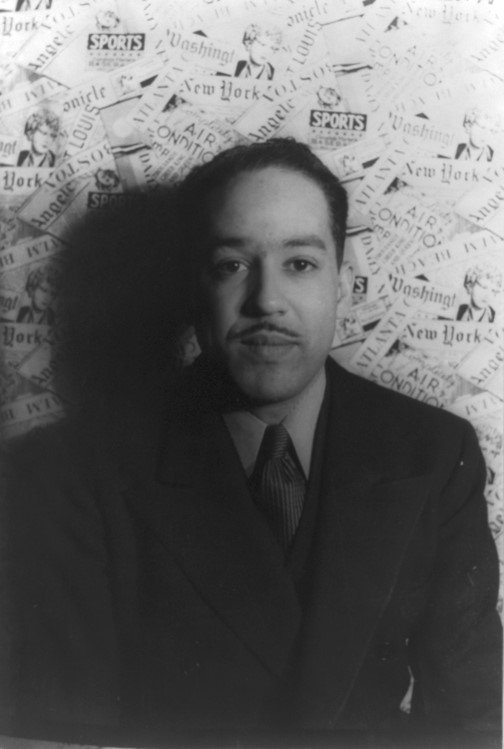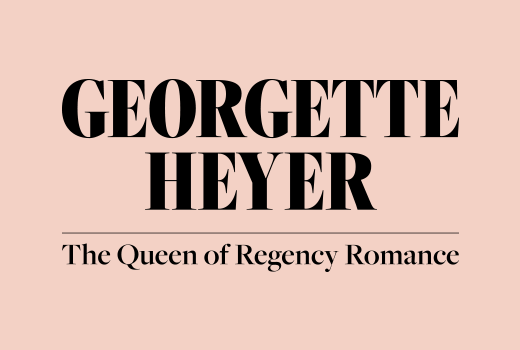Langston Hughes was a poetic innovator and a central figure of the Harlem Renaissance — an arts movement and intellectual revival in the 1920s that celebrated Black cultural expression. Hughes’ work was inspired by his life in New York City’s Harlem, a primarily Black working-class neighborhood at the time. Through his poetry, novels, plays, essays, and children’s books, he sought to honestly depict the joys and hardships of Black lives, avoiding both sentimental idealization and negative stereotypes. Often called 'The People’s Poet,' his writing promoted equality, condemned racism and injustice, and helped shape American literature and politics.
In 1958, Hughes recited his poem The Weary Blues on Canada’s The 7 O’Clock Show, accompanied by the Doug Parker Band. It was one of the many poems that he wrote that utilized a rhythm similar to that of jazz music, founding the style of poetry called 'jazz poetry.' Today, Hughes’s poems have been translated into German, French, Spanish, Russian, Yiddish, and Czech; many of them have been set to music.
Langston Hughes’ legacy continues to inspire artists across mediums today. Award-winning illustrator Afua Richardson, who has worked for Marvel, DC, and Image, created a comic book for NPR in 2014 based on one of Hughes most recognizable poems The Negro Speaks of Rivers, which he wrote at just 17 years old. This year, the new Fresh Prince of Bel-Air reboot on Peacock also pays tribute to Hughes, using his century-old poem, Mother to Son in a trailer for the dramatized remake of the American sitcom.
Read More



